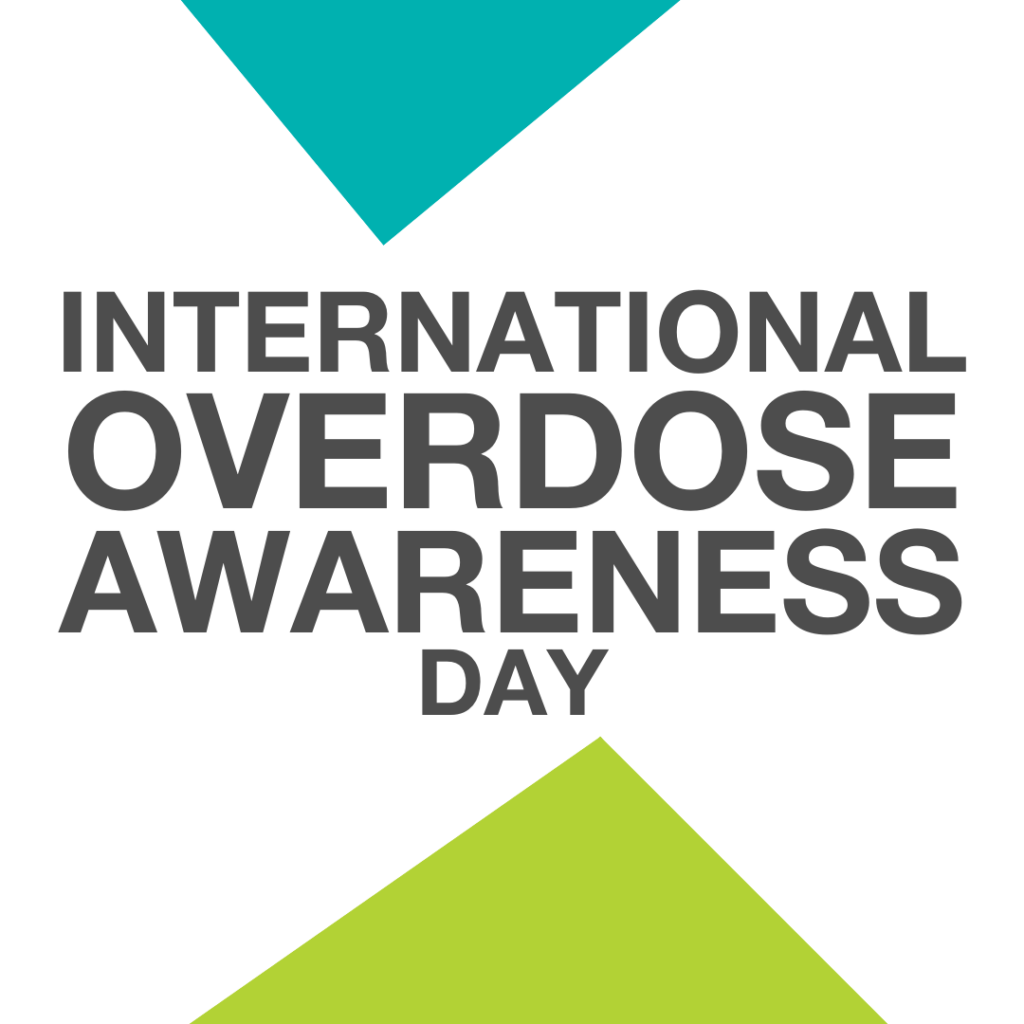Menu Close
You are currently on the:
Visit our provincial websites

International overdose awareness day 2024
Aug 28, 2024
This year once again, we will be too many to mark International Overdose Awareness Day.
Through this message, we wish to extend our condolences to all those who have lost a loved one to an overdose. We also want to offer our support to all harm reduction organizations and their workers who, daily, strive to mitigate the impact of the carnage unfolding before our eyes.
Let us not forget that most people who overdose do not die. In addition to causing serious and often irreversible harm, this Sword of Damocles hangs over the heads of many individuals and their loved ones.
While Quebec had been less severely affected by this public health crisis compared to the rest of North America, that is no longer the case since 2019. The first quarter of 2024 has been the deadliest since the INSPQ[1] began collecting available death statistics, with 160 deaths. We are well beyond one death per day, with 53 deaths per month for the first quarter of 2024. We are dangerously approaching two deaths per day.
The Canadian Mental Health Association – Quebec Division (CMHA – QC), an actor in mental health prevention and promotion, is aware of the need to maintain support for community harm reduction services, whether in harm reduction material access centers, supervised consumption spaces, or drug checking services. These services save lives; they are vectors of social inclusion and solidarity, and there is no shortage of evidence to prove it.
There is no possibility of recovery once we are dead.
We also cannot resign ourselves to this situation. While substance use has been a characteristic of the human species since prehistory, no one should risk their life due to the use of substances, whether for pleasure, performance, or to alleviate suffering. We also recognize that problematic substance use has negative impacts on many individuals, but we should not die because of a toxic illicit supply. Let us always remember that the contamination of the supply is essentially due to our drug policies[2] and the illicit networks that have formed to adapt to them. People who use substances are collateral victims of our policies.
In solidarity,
Jean-François Mary,
Executive director